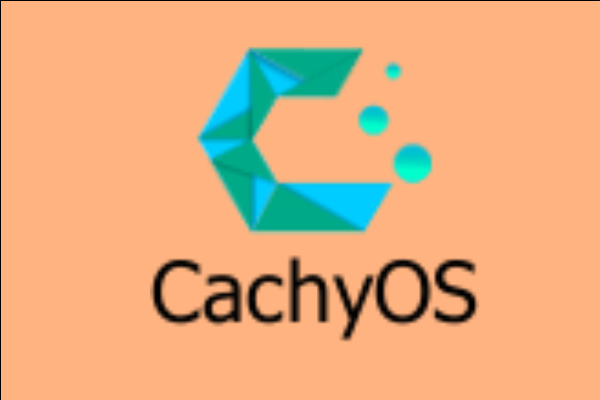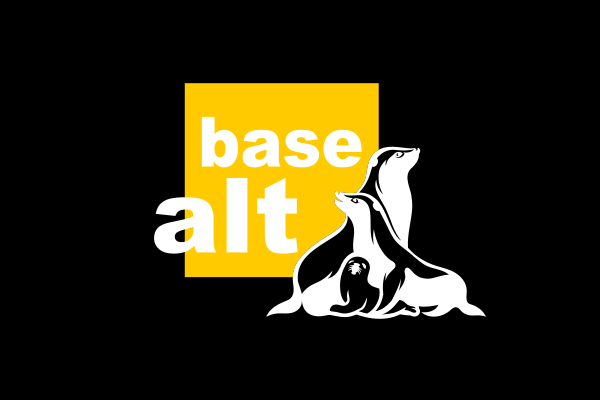One of the most important changes that deserves special attention in Rocky Linux 10 is the fine-tuning of architecture support. Support for x86-64-v2 architectures has been dropped, replaced by AMD and Intel 64-bit x86-64-v3 architectures. This move is in line with the evolution of modern hardware and ensures optimal system performance. It is important to note that 32-bit packages have been removed in their entirety, so that 64-bit libraries or containers with 32-bit dependencies will be required to run 32-bit applications.
The installer has also received some notable updates. Users have administrative privileges by default unless this option is turned off. In addition, the default protocol for graphical remote access has been changed from VNC to Remote Desktop Protocol (RDP), which offers a more modern and possibly more secure connection option.
There have also been significant changes in the network components. The DHCP client has been implemented as an internal subsystem of NetworkManager, replacing the legacy dhcp-client package which is no longer supported. On the DHCP server side, the ISC DHCP server, which had reached the end of its lifetime, has been replaced by Kea DHCP, providing a modern and maintained solution for network address allocation.
In the desktop environment, Wayland has taken over the role of X.Org Server, signalling a move towards modern graphical visualisation. Xwayland provides support for older X11 clients that have not yet been ported to Wayland. Some desktop applications and components have also been updated or replaced in Rocky Linux 10 to improve the user experience. GNOME 47.4 is available as the graphical user interface.

Rocky Linux 10 includes many new features and updates for developers and system engineers. Dynamic programming languages, web and database servers include PHP 8.3, Python 3.12, nginx 1.26, PostgreSQL 16.8, MySQL 8.4, Valkey 8.0 and MariaDB 10.11. Performance analysis tools and debuggers include GDB 14.2, Valgrind 3.23. 0, SystemTap 5.1, Dyninst 12.3.0, elfutils 0.192 and libabigail 2.6. The list of performance monitoring tools is enriched by Performance Co-pilot 6.3.0 and Grafana 10.2.6.
It should be noted that Rocky Linux does not support updates between major versions. To migrate from Rocky Linux 8.x or 9.x to Rocky Linux 10, a clean new installation of the operating system is recommended.
There is also a known bug in the release: SELinux problems may occur on host machines where passt is installed. In this case the interface will not start if SELinux is enabled.

















